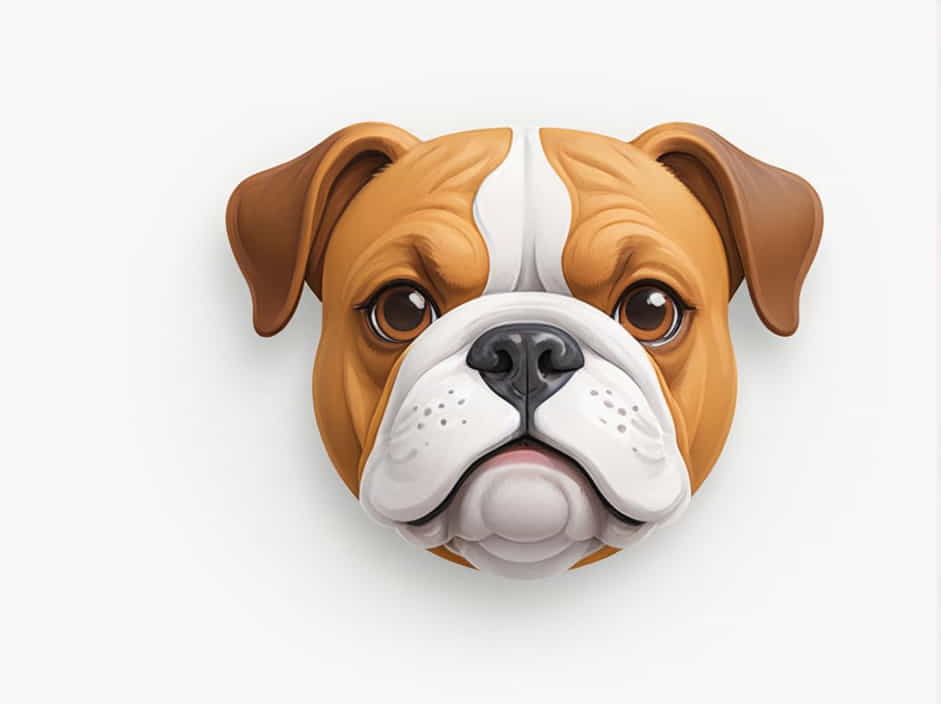Bulldogs are one of the most recognizable and beloved dog breeds in the world. Known for their stocky build, wrinkled face, and affectionate nature, bulldogs make excellent companions. However, potential owners often wonder: How long do bulldogs live?
In this topic, we will explore the average lifespan of a bulldog, the factors that affect their longevity, common health issues, and tips to help extend their life.
How Long Do Bulldogs Live?
The average lifespan of a bulldog varies depending on the specific breed. Here’s a general breakdown:
- English Bulldog: 8 to 10 years
- French Bulldog: 10 to 12 years
- American Bulldog: 10 to 15 years
Compared to other dog breeds, bulldogs have a shorter lifespan due to their unique physical characteristics and genetic predisposition to certain health issues.
Factors That Affect a Bulldog’s Lifespan
Several factors influence how long a bulldog will live. Some of the most important ones include:
1. Genetics and Breed Type
Bulldogs are a brachycephalic (flat-faced) breed, which makes them prone to breathing problems and overheating. Genetics play a significant role in determining their health and lifespan.
2. Diet and Nutrition
A balanced diet is essential for keeping a bulldog healthy. Overfeeding can lead to obesity, which increases the risk of heart disease, joint issues, and diabetes.
3. Exercise and Physical Activity
While bulldogs are not the most active breed, regular light exercise is necessary to prevent weight gain and maintain cardiovascular health. Short walks and playtime help keep them in good shape.
4. Common Health Problems
Bulldogs are prone to several health conditions that can affect their lifespan. Some of the most common include:
- Brachycephalic Airway Syndrome – Causes breathing difficulties due to their short snout.
- Hip Dysplasia – A genetic condition that leads to joint pain and mobility issues.
- Skin Infections – Their deep skin folds can trap moisture, leading to bacterial infections.
- Heart Disease – Bulldogs are at risk for heart problems, which can shorten their lifespan.
5. Proper Veterinary Care
Regular check-ups with a veterinarian can help detect and treat health issues early. Vaccinations, dental care, and parasite prevention are also important for a bulldog’s overall health.
How to Extend a Bulldog’s Lifespan
While bulldogs naturally have a shorter lifespan than some other breeds, proper care and lifestyle choices can help them live longer and healthier lives.
1. Feed a High-Quality Diet
- Choose high-protein, low-fat dog food to maintain a healthy weight.
- Avoid artificial additives, fillers, and excessive treats.
- Provide fresh water at all times to prevent dehydration.
2. Maintain a Healthy Weight
Bulldogs gain weight easily, which can lead to serious health problems. To prevent obesity:
✔️ Monitor portion sizes.
✔️ Avoid giving table scraps.
✔️ Ensure daily light exercise.
3. Keep Their Skin and Wrinkles Clean
Because of their deep skin folds, bulldogs are prone to bacterial infections.
✔️ Clean their wrinkles daily with a soft cloth or pet wipes.
✔️ Keep their skin dry to prevent irritation.
4. Provide Proper Exercise Without Overexertion
Bulldogs should not be overworked, but short, moderate walks are beneficial.
✔️ Avoid strenuous activities, especially in hot weather.
✔️ Play indoors or in shaded areas during summer.
✔️ Never leave them outside in extreme heat.
5. Regular Vet Check-Ups
- Schedule annual health screenings for early detection of problems.
- Keep up with vaccinations and parasite prevention.
- Monitor for breathing difficulties and joint issues.
Signs of Aging in Bulldogs
As bulldogs age, they may experience changes in their mobility, energy levels, and overall health. Some signs of aging include:
✔️ Slower movement and reluctance to exercise.
✔️ Increased sleeping and reduced playfulness.
✔️ Gray hairs around the face and muzzle.
✔️ Difficulty breathing or increased snoring.
✔️ Joint stiffness and arthritis.
If you notice any significant changes in your bulldog’s behavior or health, consult a veterinarian for guidance.
Bulldogs may have a shorter lifespan than some other breeds, but with proper care, they can live long, happy lives. By providing a healthy diet, regular exercise, veterinary care, and a comfortable living environment, you can help your bulldog reach its full lifespan potential.
With their loyal and loving nature, bulldogs make wonderful companions. Whether you have an English, French, or American Bulldog, their years of affection and companionship are truly priceless.
